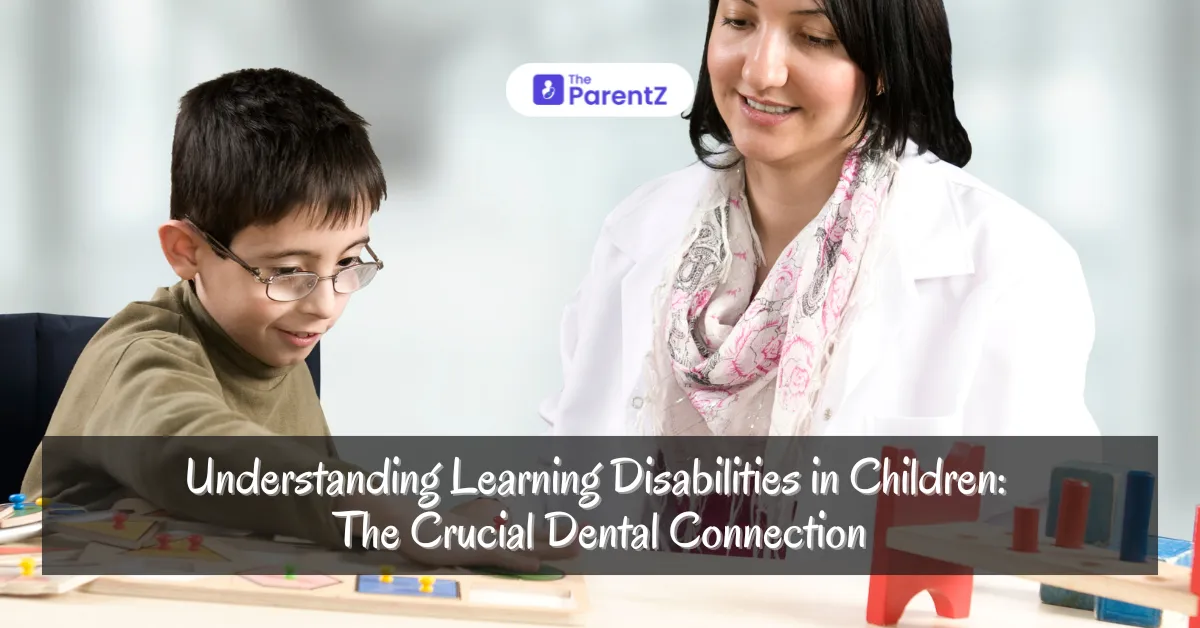Learning disabilities (LDs) affect a child’s ability to acquire knowledge, leading to challenges in areas like reading, writing, and math. These cognitive challenges can also impact a child’s oral health, as they may have difficulty with routine hygiene practices, understanding dental instructions, or handling dental visits. Dental professionals must recognize and adapt to these needs to ensure optimal care.
What are Learning Disabilities?
• Definition: Learning disabilities are neurological disorders that impact the brain’s ability to process information.
• Types: Dyslexia, ADHD, dyscalculia, and more.
• Prevalence: Affects 5-15% of children globally.
Impact on Oral Health
Children with learning disabilities are at a higher risk of oral health issues due to several factors, such as:
1. Poor Oral Hygiene: Difficulty understanding or remembering proper brushing and flossing techniques.
2. Dietary Habits: Increased risk of sugary snacks, lack of supervision in diet leading to dental caries.
3. Dental Anxiety: Heightened fear of dental visits, leading to postponed appointments.
4. Coordination Issues: Poor motor skills can make effective toothbrushing difficult.
Dental Care Challenges
• Communication Barriers: Children with learning disabilities may struggle to understand or express dental discomfort.
• Behavioral Issues: Attention difficulties can lead to resistance during dental procedures.
• Delayed Diagnosis: Due to a focus on cognitive challenges, oral health issues may be overlooked.
Role of Dentists
1. Tailored Approach: Dentists should adapt their communication and treatment plans.
2. Shorter, Frequent Appointments: Helps in reducing dental anxiety.
3. Reinforcement of Oral Hygiene Habits: Use of visual aids or apps to help children understand and follow dental care routines.
4. Collaboration: Working with caregivers and educators to ensure a holistic approach to the child’s care.
Conclusion
Understanding the link between learning disabilities and oral health is crucial for providing comprehensive care. Dentists should employ patient-specific strategies to ensure children with learning disabilities receive proper dental treatment and maintain good oral hygiene, helping them lead healthier lives overall.





Be the first one to comment on this story.